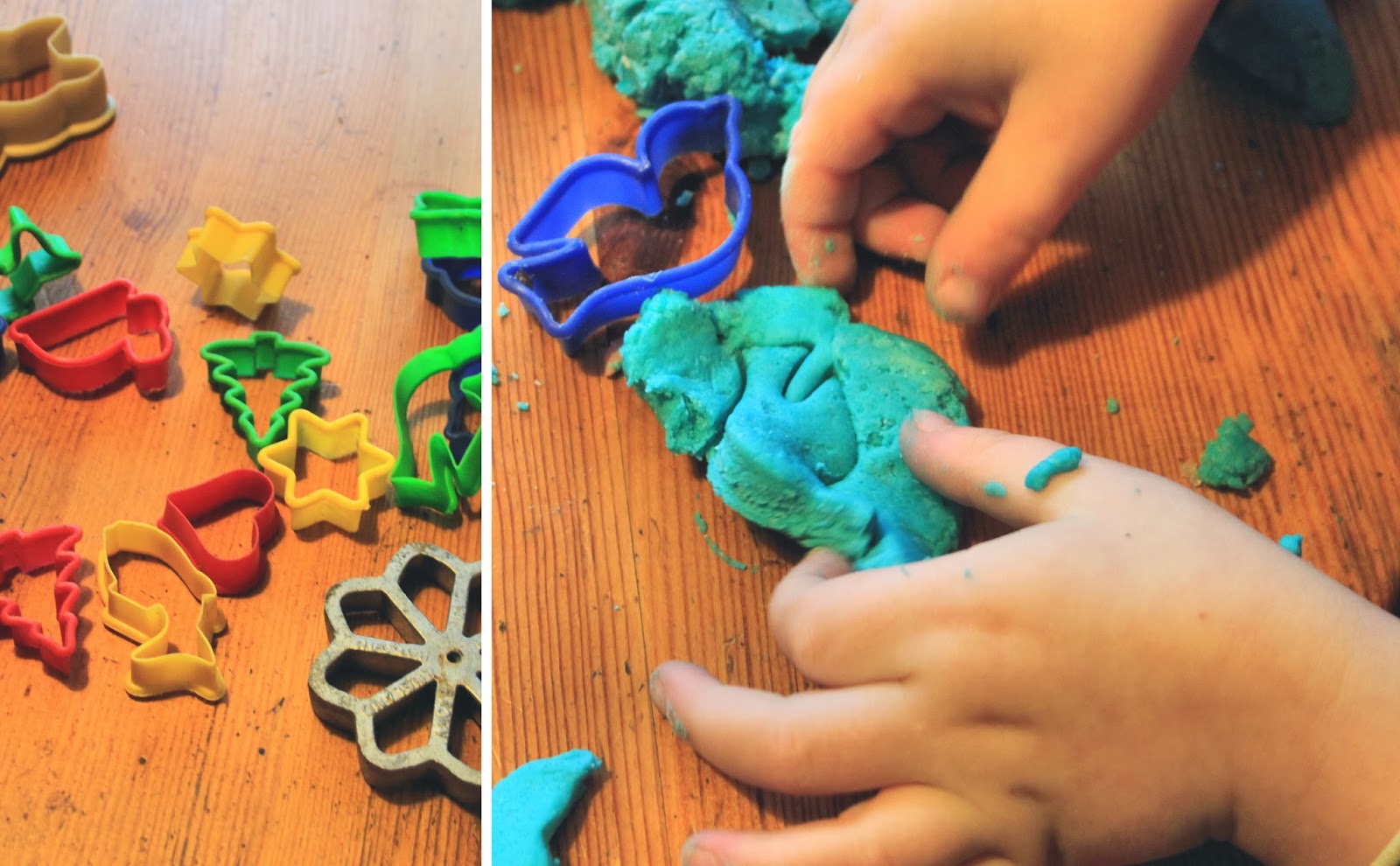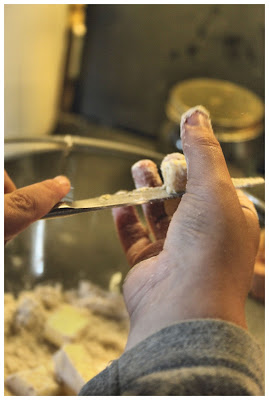There’s a rash at this time of year
of people lamenting the terrible lie we tell to children. You know,
the one about the fat man who comes down your chimney on Christmas
Eve and leaves presents for good girls and boys. How can we keep
perpetuating this terrible fantasy? they ask. Wouldn’t it be better
to instruct our children in science than have them believe in some
kind of overgrown fairy?
 |
| Floodllama, Santa Claus is coming to town, on Flickr. Not hugely relevant but an awesome picture. |
I have to say that of all the lies
parents tell their children, this one is a long way from being the
worst. ‘Honest, it won’t hurt.’ ‘You’ll enjoy it when you
get there.’ ‘You look so beautiful.’ ‘Of course you’ll get
a boyfriend/girlfriend.’ ‘Wow, you did that so well.’ These are
the kind of lies that seem kind at the time but can leave you let
down, betrayed, feeling misunderstood.
Father Christmas is the best of lies,
and I’m not so sure that it really is a lie. (I’ll come to that.)
Father Christmas is a lie that lets you get so
excited on Christmas Eve that you can’t sleep. It’s a lie that
makes magic sparkle in children’s eyes. It’s a lie that allows
you to drop off at night and then wake up in the morning with that
curious weight on your feet, to open one eye and see something lumpy
and indistinct lying across the bottom of the bed, to sit up and open
presents without any preamble, any manners or holding back.
 |
| Bill McChesney 5176 Guess Whooo's coming to town, on Flickr. This is not Father Christmas. This is a man in a suit. |
As you
get older you think, ‘I’m sure I saw that in mum’s shopping,’
or ‘Isn’t it odd that Father Christmas shops in Tesco too?’ But
it’s not like the moment after you’ve had the immunisation and
realise, eyes wide with shock, that it did
hurt and mummy didn’t tell the truth. It’s not like the moment
when you objectively look at
the outfit you put together and realise you looked an idiot. It’s a
moment when you realise that for all these years your parents have
loved you enough to help you believe in something wonderful.
And
that’s where we come to the other thing, the fact that Father
Christmas isn’t a
lie. Father Christmas is
someone who loves you, who brings light and kindness into your life.
Father Christmas is the person you never see. Never mind men who
dress up in synthetic red suits and plastic beards and call
themselves ‘Santa’ and sit in grottos in garden centres and
shopping centres. They’re not Father Christmas. Everyone knows that
he comes when your eyes are closed, and that you must, must, never be
awake when he’s there. He’s invisible, incorporeal. He is a
manifestation of love.
I have
always remembered
how Laura Ingalls Wilder summed it up in On The Banks of Plum Creek.
I couldn’t do it better.
“Ma!” Laura cried. “There IS a
Santa Claus, isn’t there?”
“Of course there’s a Santa
Claus,” said Ma. She set the iron on the stove to heat again.
“The older you are, the more you
know about Santa Claus,” she said. “You are so big now, you know
he can’t be just one man, don’t you? You know he is everywhere on
Christmas Eve. He is in the Big Woods, and in Indian Territory, and
far away in York State, and here. He comes down all the chimneys at
the same time. You know that, don’t you?”
“Yes, Ma,” said Mary and Laura.
“Well,” said Ma. “Then you
see–“
“I guess he is like angels,”
Mary said, slowly. And Laura could see that, just as well as Mary
could.
Then Ma told them something else
about Santa Claus. He was everywhere, and besides that, he was all
the time.
Whenever anyone was unselfish, that
was Santa Claus.
Christmas Eve was the one time when
everybody was unselfish. On that one night, Santa Claus was
everywhere, because everybody, all together, stopped being selfish
and wanted other people to be happy. And in the morning you saw what
that had done.
“If everybody wanted everybody
else to be happy, all the time, then would it be Christmas all the
time?” Laura asked, and Ma said, “Yes, Laura.”
- Laura Ingalls Wilder, On the Banks of Plum Creek







































